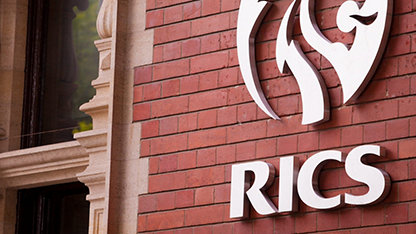This week the Welsh Government published plans to undertake some of the most significant reforms to council tax seen in the UK for decades.
The proposals aim to make the council tax system fairer, more transparent, and progressive by introducing new tax bands and rates that reflect the value of properties more accurately. The last revaluation in Wales occurred in 2003, since which the average property value in Wales has increased by 150%.
The government highlighted that introducing a revaluation process based on April 2023 data is not designed to increase revenue, and that research shows an estimated 50% of homeowners will see no change, 25% will see an increase, and 25% a decrease in council tax.
However, there are concerns, acknowledged by the Welsh Government, that the reforms may have unintended consequences, such as increasing the financial burden on low-income households who live in now higher-valued properties. This is especially important to consider as the housing market since the Covid-19 pandemic, has seen some of the fastest increases in property prices – although data from the RICS UK Residential Market Surveys is showing a softening in recent months.
Commenting on the reforms, Samuel Rees, RICS Senior Public Affairs Officer for Wales said:
“RICS welcomes the Welsh Government's efforts to make the council tax system more transparent. The current system can be complex and difficult to understand, leading to confusion and frustration for many taxpayers. The proposed changes will make it easier for residents to understand how their council tax payments are calculated, and to see how their contributions are being used to fund local services.
Many homeowners will welcome these changes, but this is just part of what needs to be a much larger commitment towards creating a more open and accessible housing market. The lack of high-quality, affordable housing stock across tenures continues to be a significant challenge for Wales – and while the government has promised to build 20,000 new homes during its term, statistics show that they may fall short of this target.”
RICS Chief Economist Simon Rubinsohn added:
“While proposals to create a fairer and more transparent council tax system should be welcomed, RICS are concerned about those likely to see their council tax change.
It is important to consider that these reforms are based on recent market conditions and valuations – which means some lower-income households may see their tax bill rise or turn to government for payment relief. This is already a concern recognised by Welsh Government.
The Welsh government will need to carefully monitor the impact of the reforms and make adjustments if necessary to ensure that they achieve their intended aims.”












